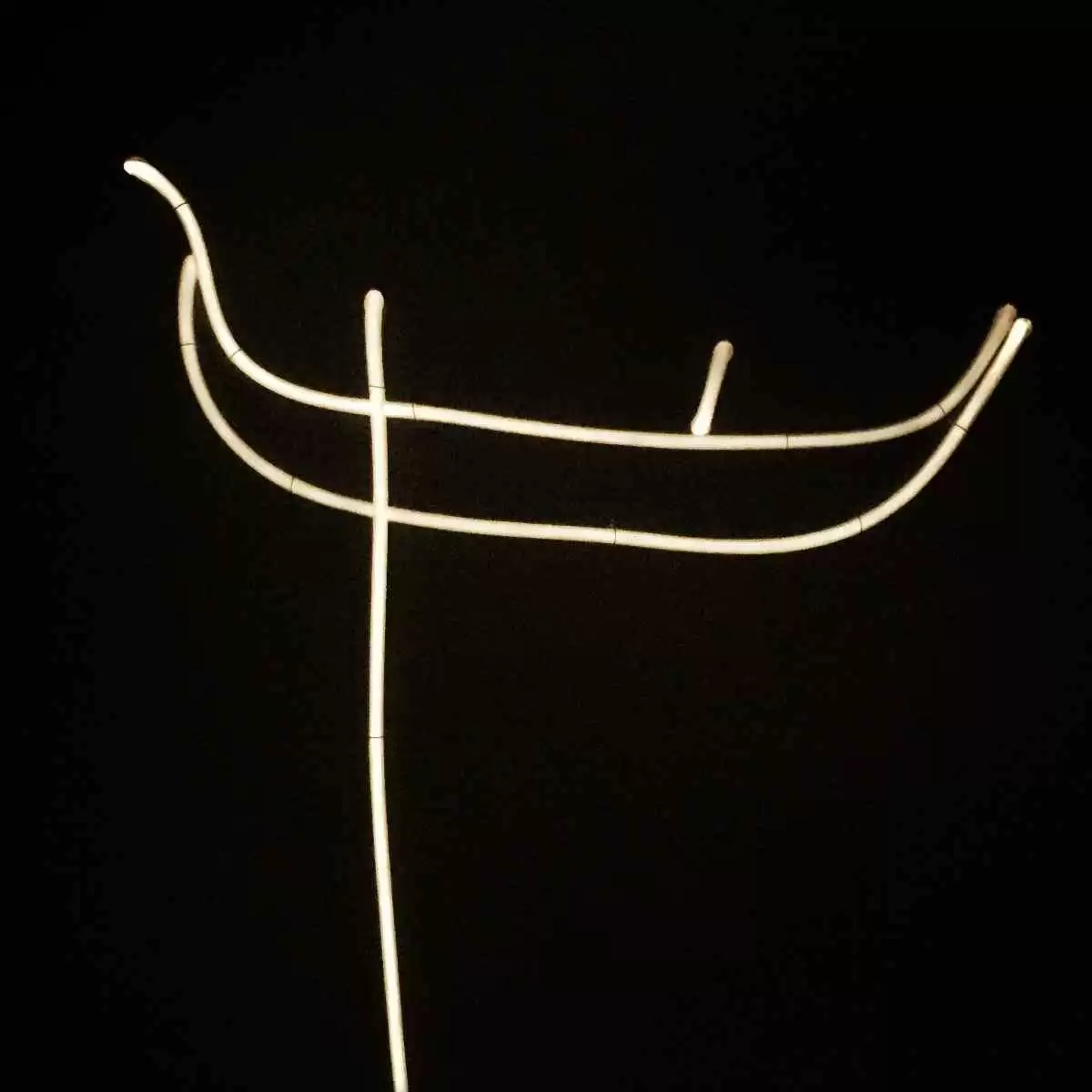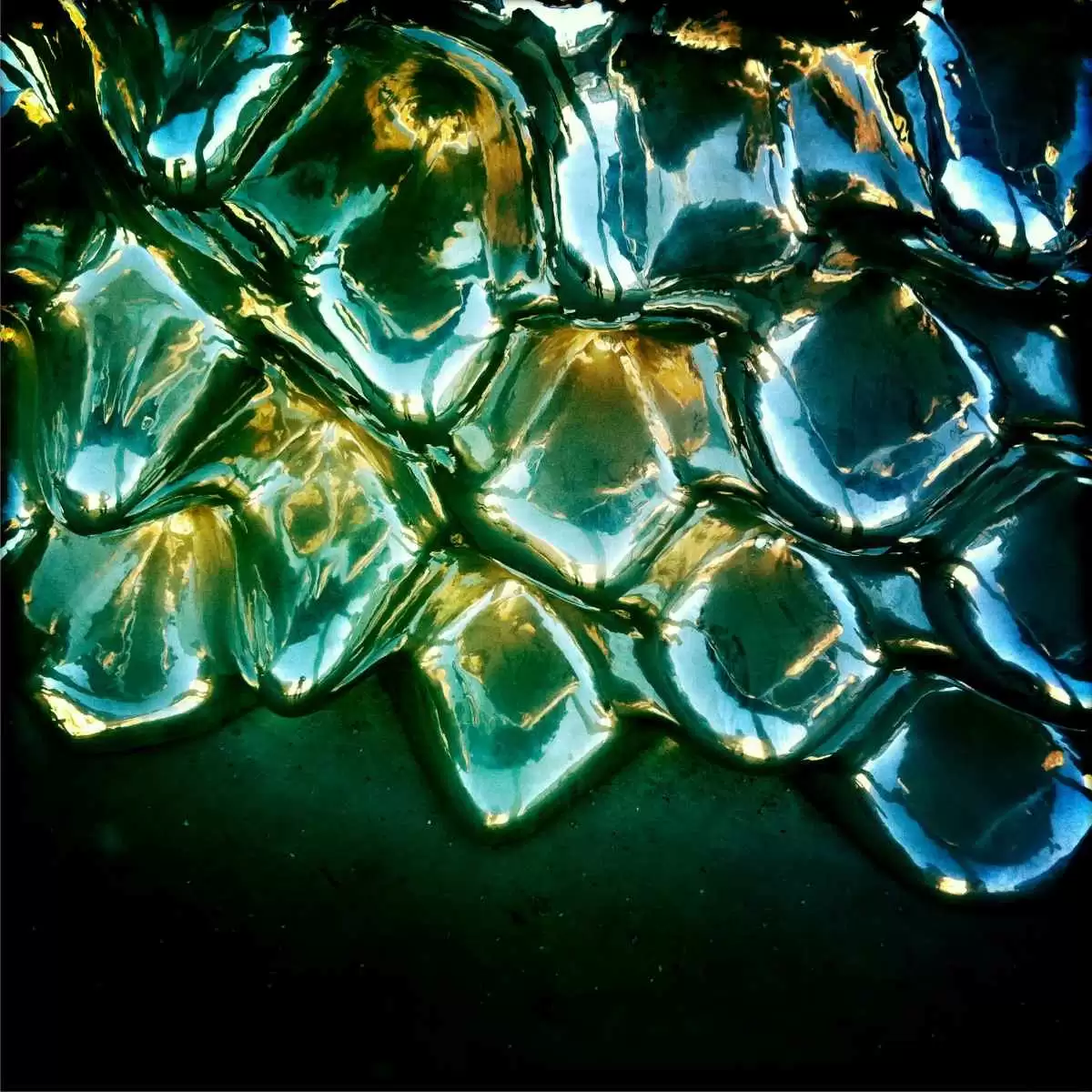
Celiac.com 05/15/2023 - Biotechnology company Immunic, Inc., focuses on developing oral, small molecule therapies for chronic inflammatory and autoimmune diseases, including celiac disease.
Celiac disease is an autoimmune disorder that affects approximately 1% of people globally. People with celiac disease have an abnormal immune response to gluten, a protein found in wheat, barley, and rye. This abnormal immune response damages the lining of the small intestine, leading to malabsorption and other serious complications.
Celiac.com Sponsor (A12):
The company recently announced positive results from the Part C portion of its Phase 1 clinical trial of IMU-856 in treating patients with celiac disease.
The trial consisted of 36 patients with celiac disease who were randomized to receive placebo or one of two doses of IMU-856 (80 mg or 160 mg) for four weeks, followed by two weeks of gluten challenge.
The trial assessed the protection of gut architecture, reduction of gluten-induced intestinal damage, improvement of patients' symptoms related to gluten exposure, dose-dependent changes in biomarker responses, and enhancement of nutrient absorption.
The trial results showed that patients treated with IMU-856 had a dose-dependent reduction in gluten-induced damage to their intestinal villi, the small, finger-like projections in the small intestine that play a key role in nutrient absorption. The results also showed that IMU-856 restored the absorption of essential nutrients, such as vitamin B12, for red blood cell formation and the functioning of the brain and nervous system.
Immunic believes the clinical evidence supports IMU-856's ability to re-establish proper gut cell renewal, which could prove useful in treating other gastrointestinal diseases. Patients treated with IMU-856 also saw improvement in disease-related symptoms such as bloating and tiredness, and the treatment was observed to be safe and well-tolerated.
IMU-856's ability to re-establish proper gut cell renewal, observed in preclinical studies, translates into clinical benefits for patients with celiac disease. Most importantly, the observed protection of intestinal villi from gluten-induced damage, independent of celiac-specific targeting immune mechanisms, seems to be unique among proposed therapeutic approaches, and may be applicable to other gastrointestinal diseases.
Immunic is now preparing for clinical phase 2b testing of IMU-856 in ongoing active celiac disease, while also considering other potential clinical applications for this first-in-class and orally available molecule.
The positive results from the Phase 1 clinical trial of IMU-856 offer some hope for the development of a new therapeutic approach to treating celiac disease and other gastrointestinal disorders. The trial's success represents a significant milestone in the effort to develop safe and effective treatments for patients with celiac disease, and other chronic inflammatory and autoimmune conditions.
The company believes that this data set provides initial clinical proof-of-concept for a new therapeutic approach to gastrointestinal disorders by promoting the regeneration of bowel architecture.
Now, the story of a promising new celiac drug treatment is a story familiar to many of us. So far, the story has always ended the same way: the promising drug fails in the end. Here's hoping this one ends more happily.
Stay tuned for more on this and related stories.









Recommended Comments
Create an account or sign in to comment
You need to be a member in order to leave a comment
Create an account
Sign up for a new account in our community. It's easy!
Register a new accountSign in
Already have an account? Sign in here.
Sign In Now